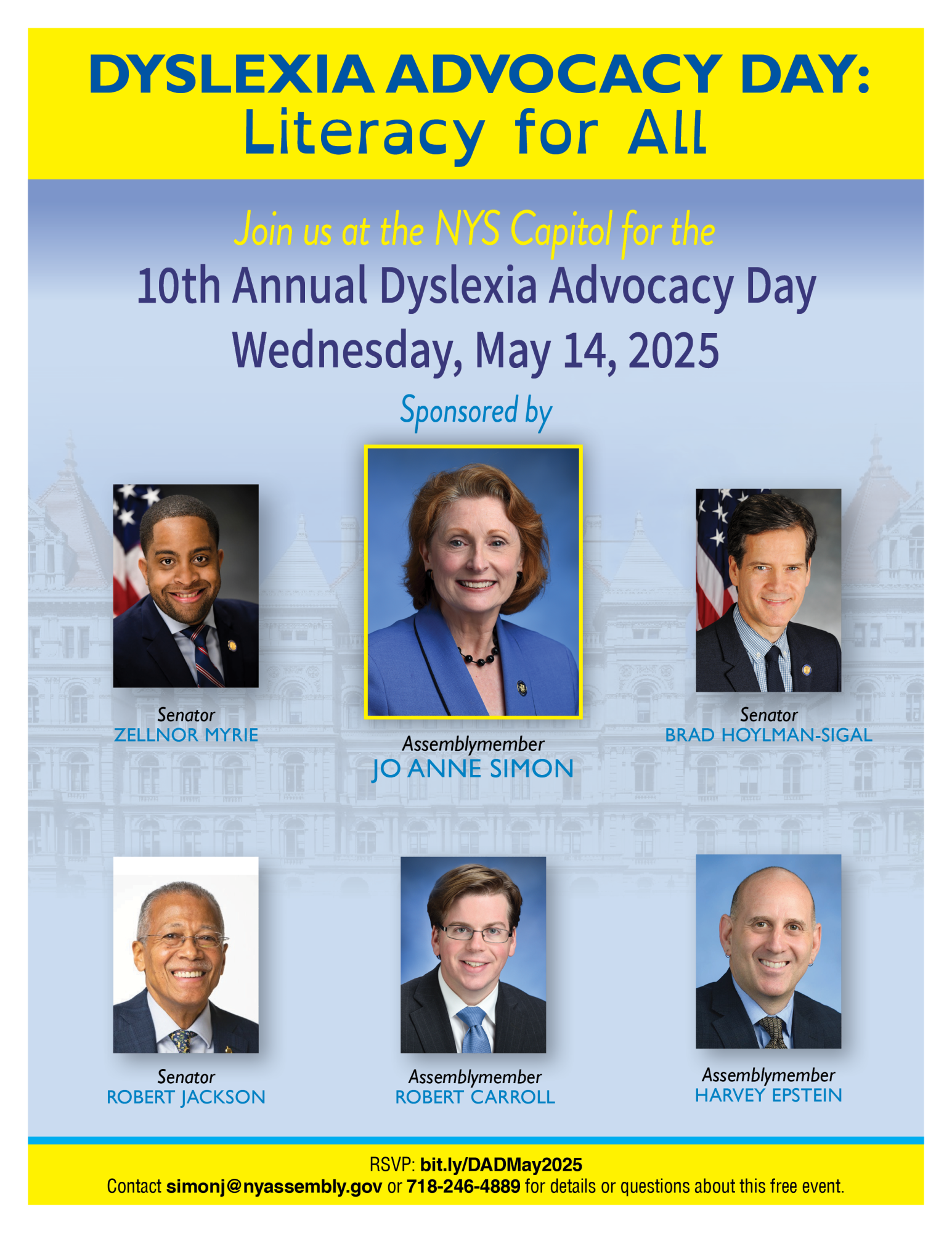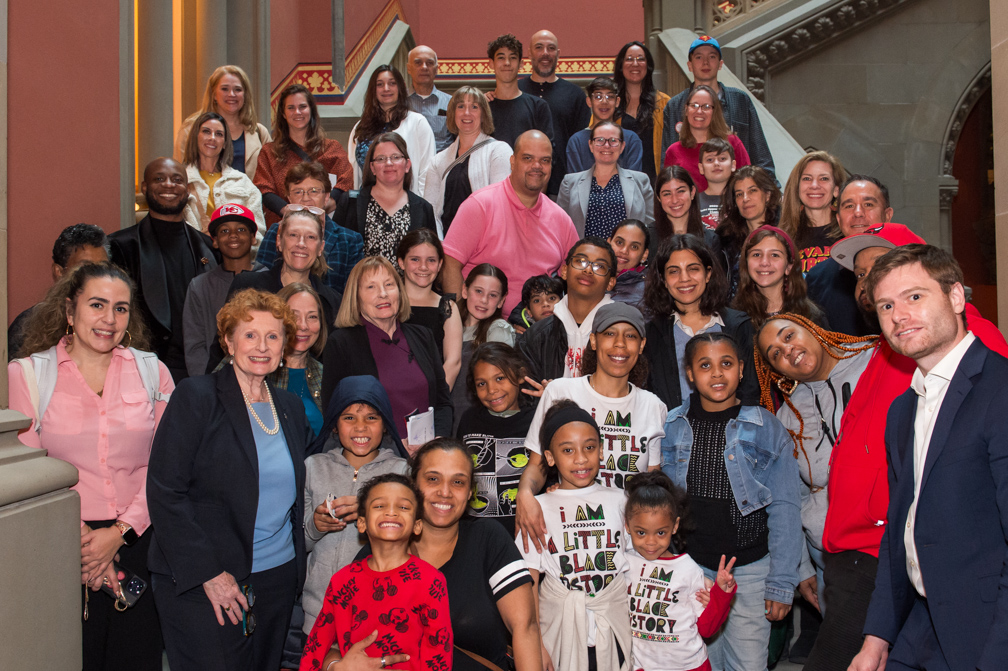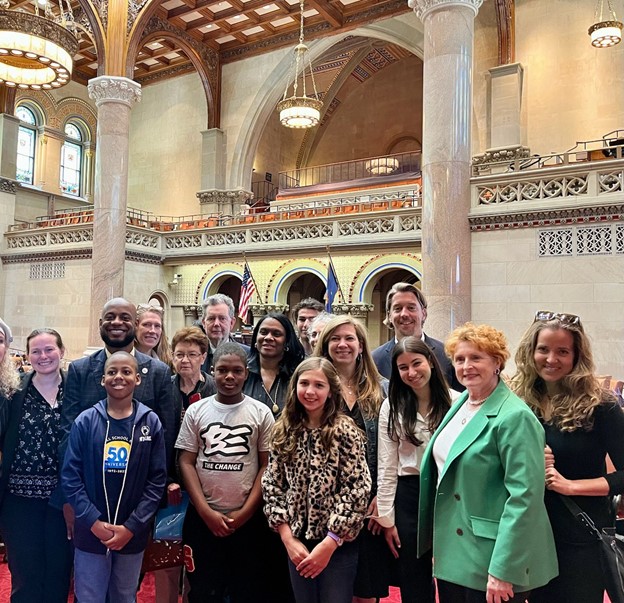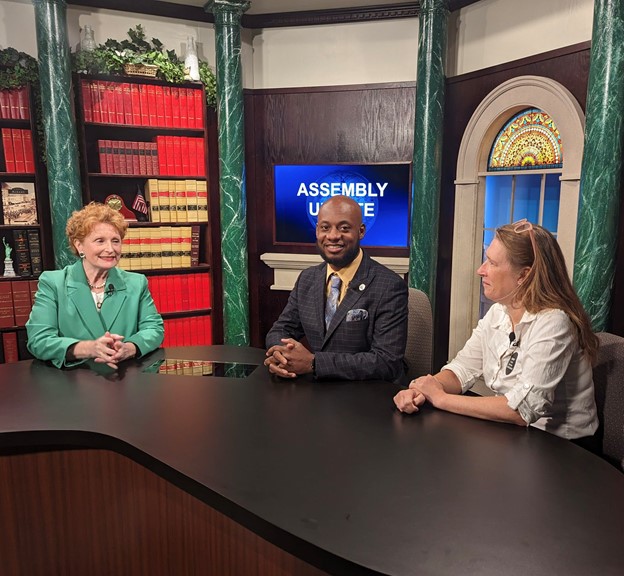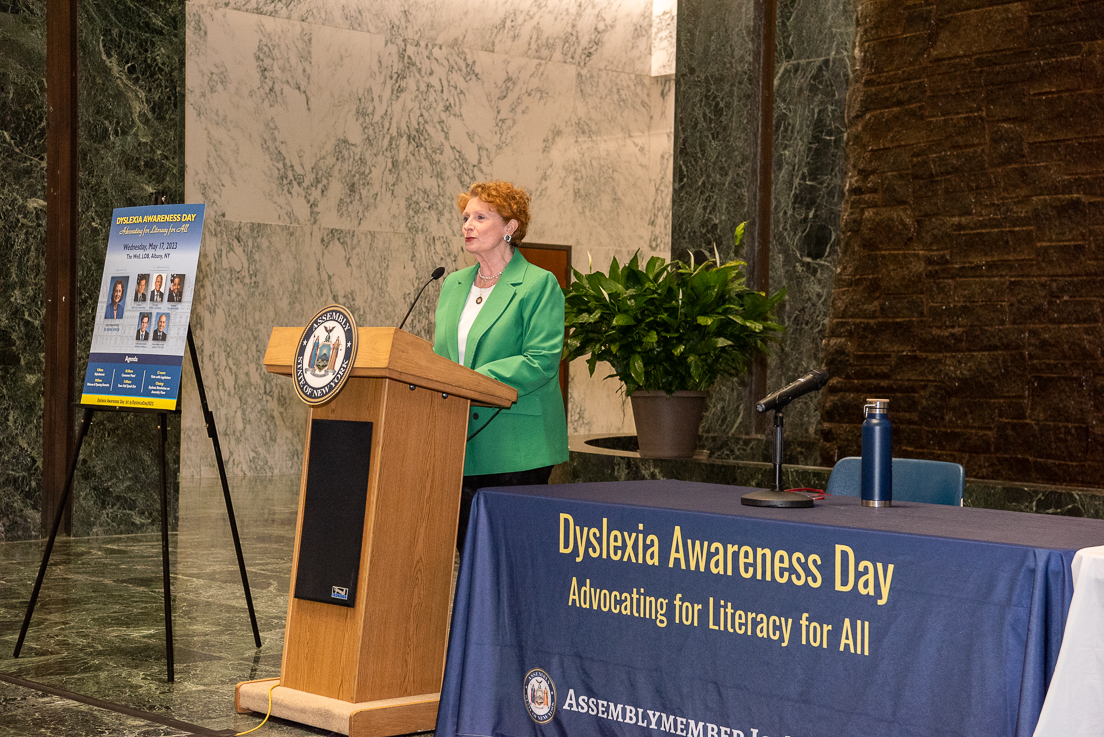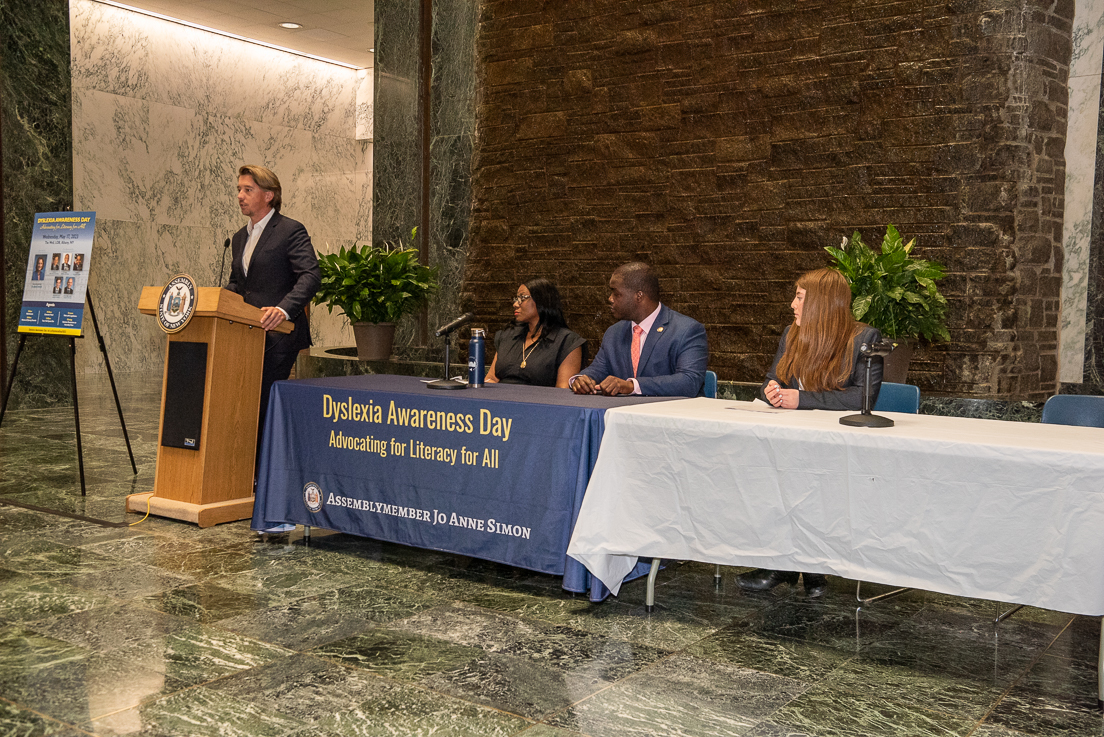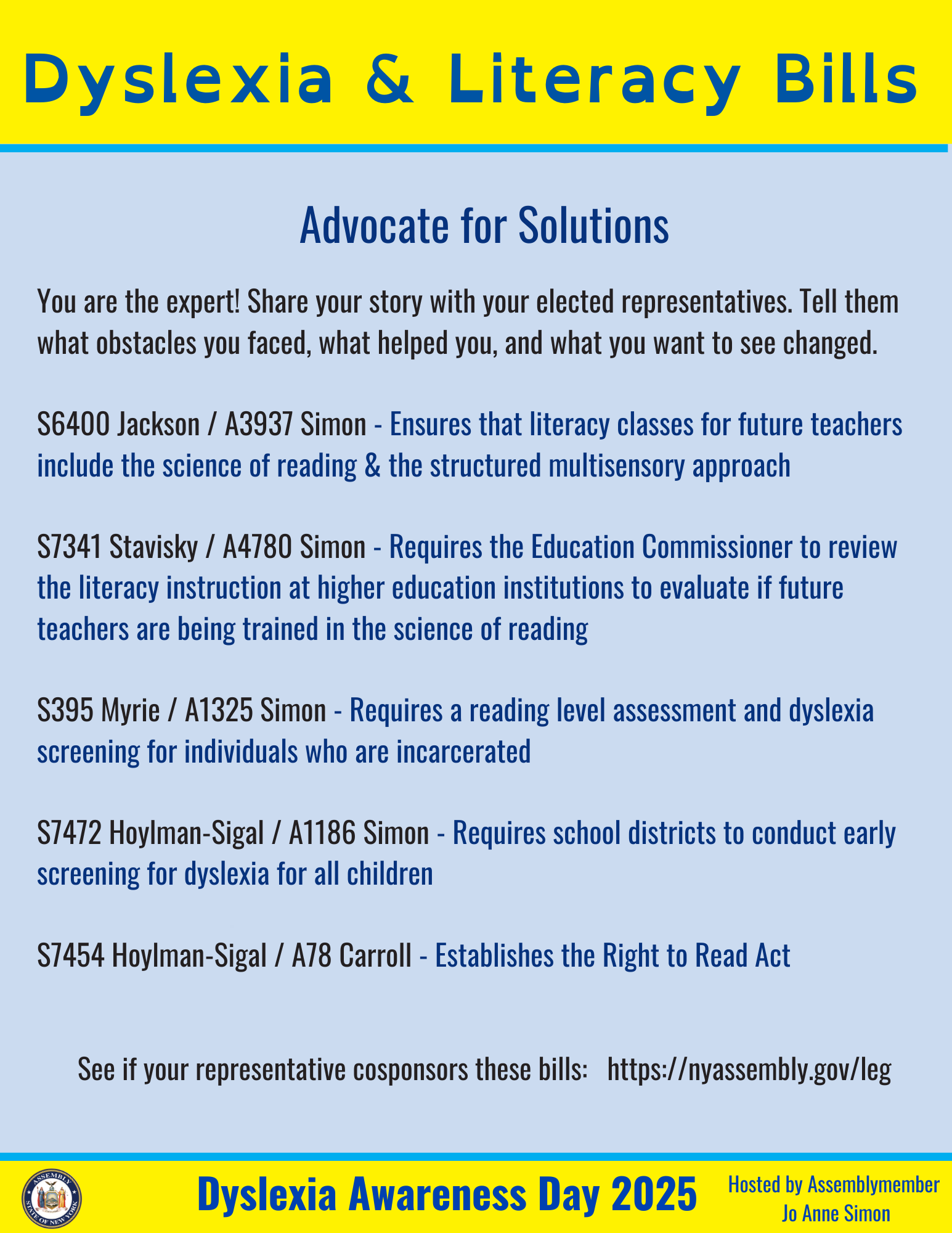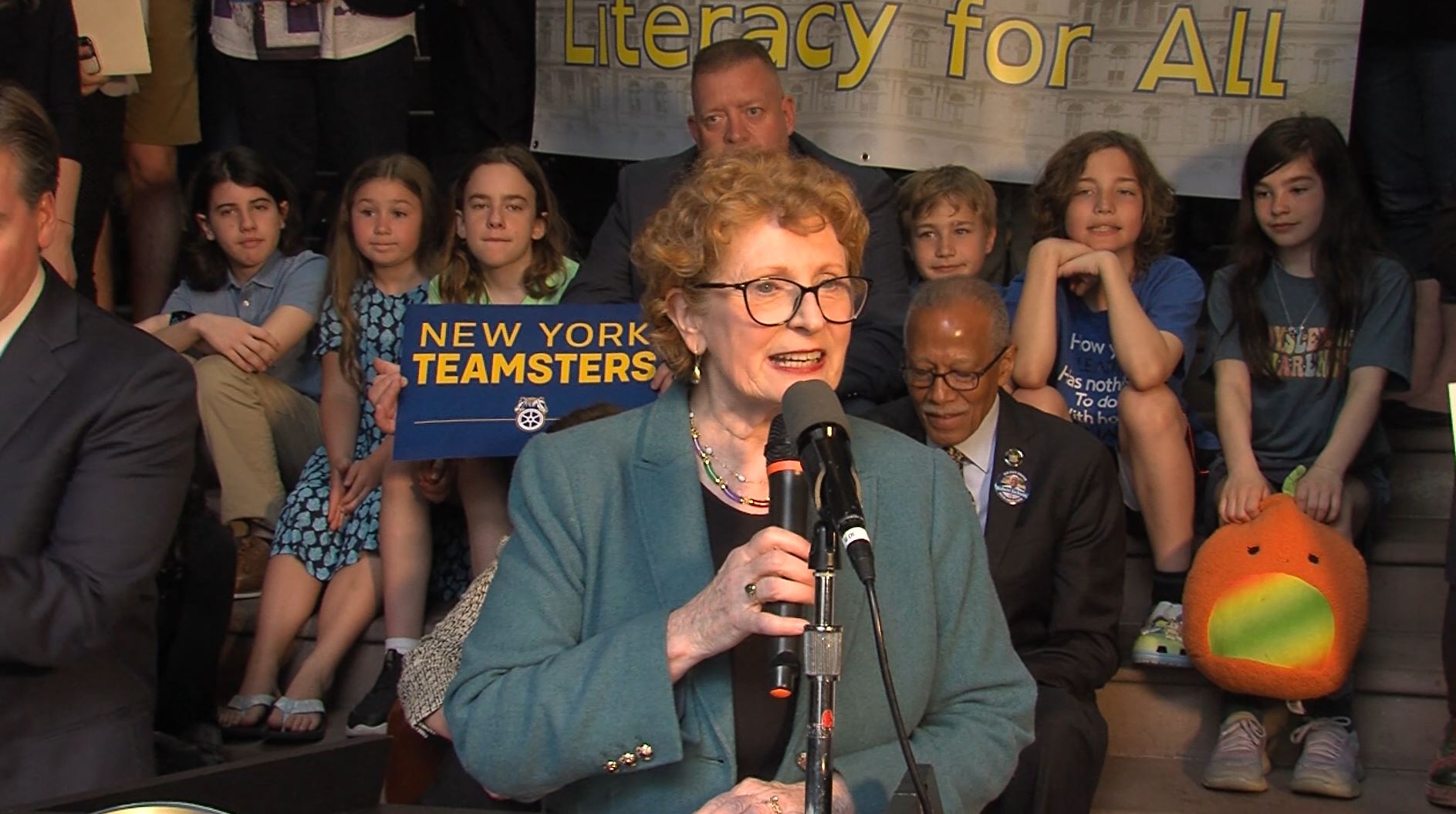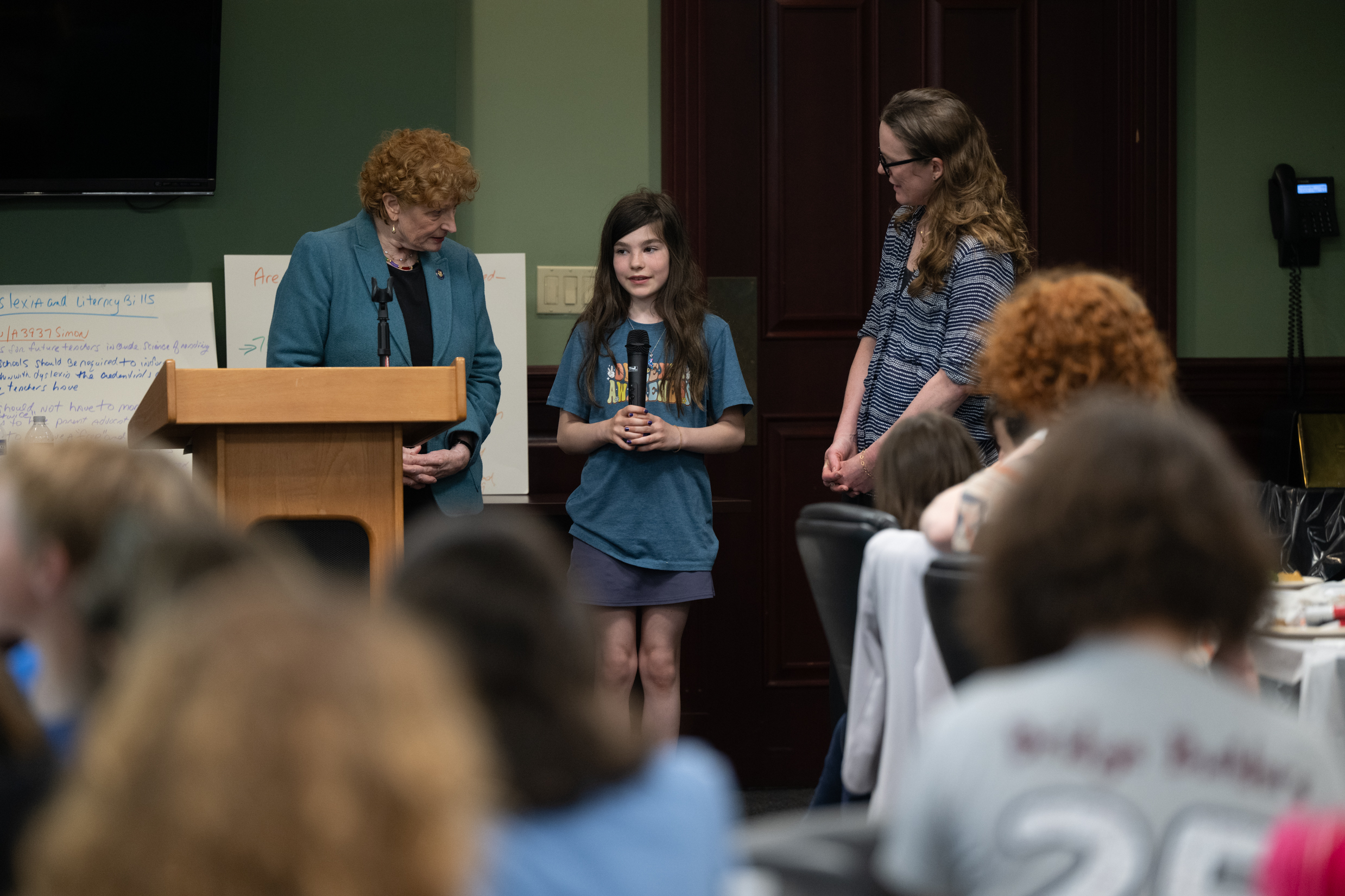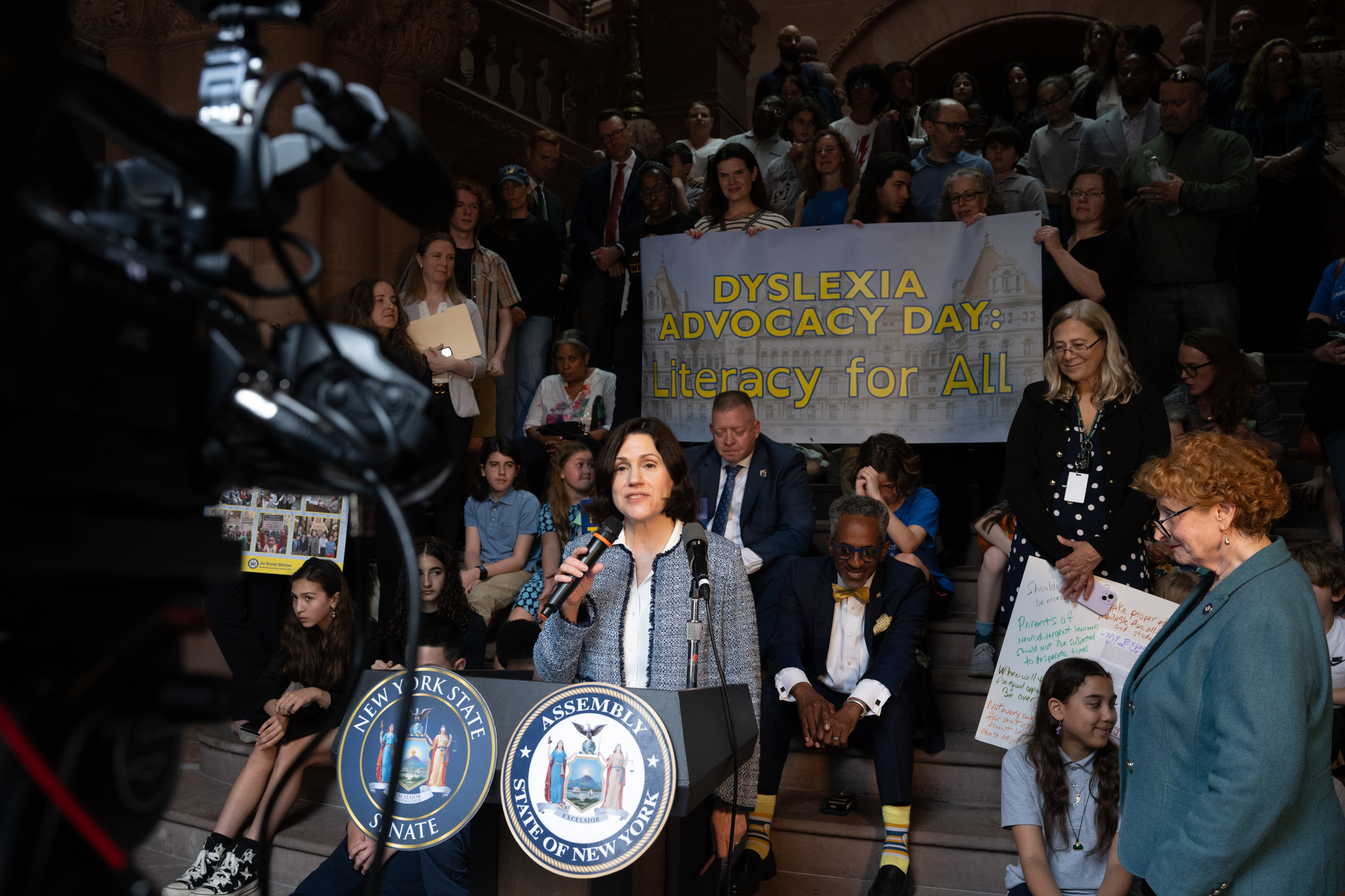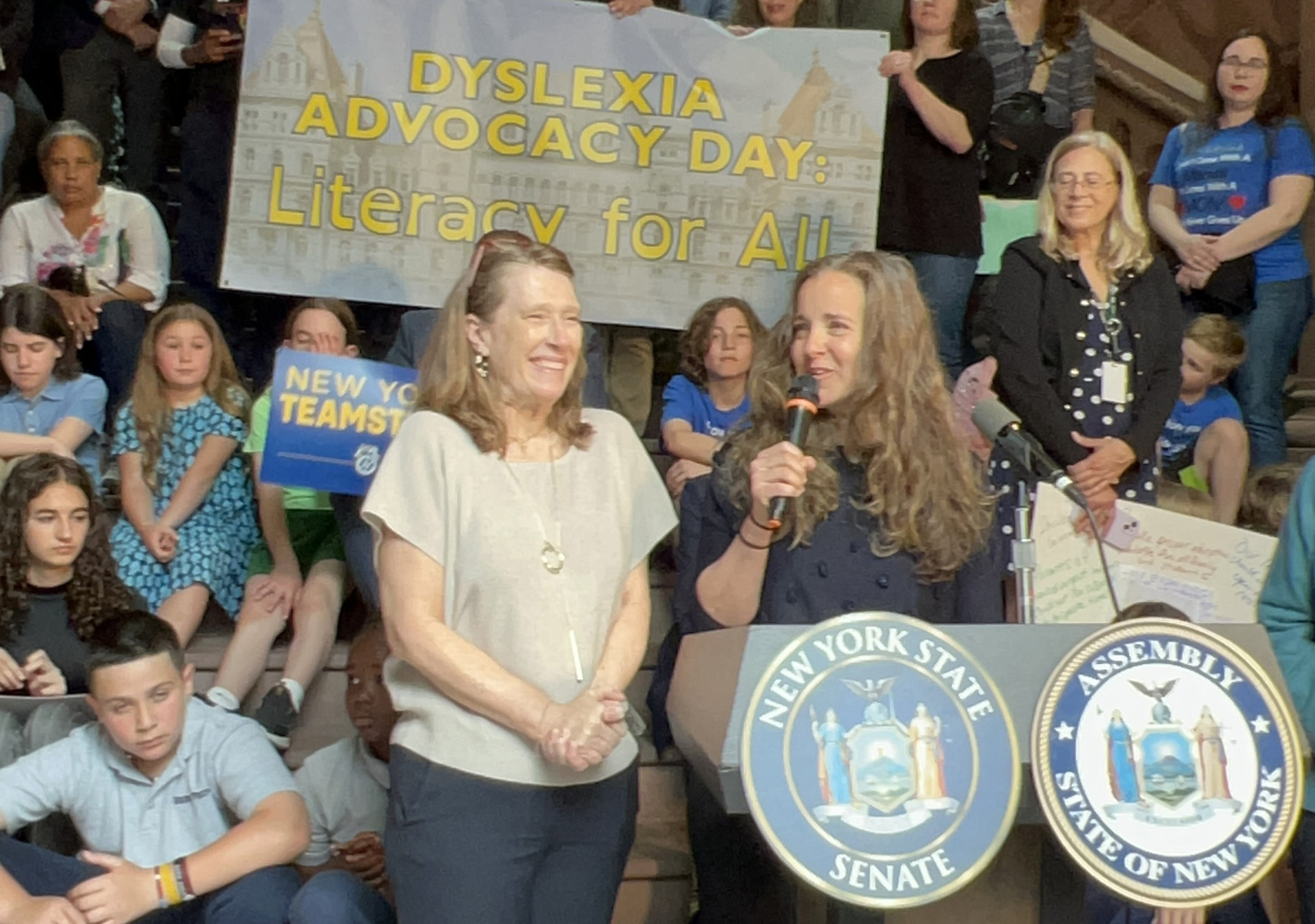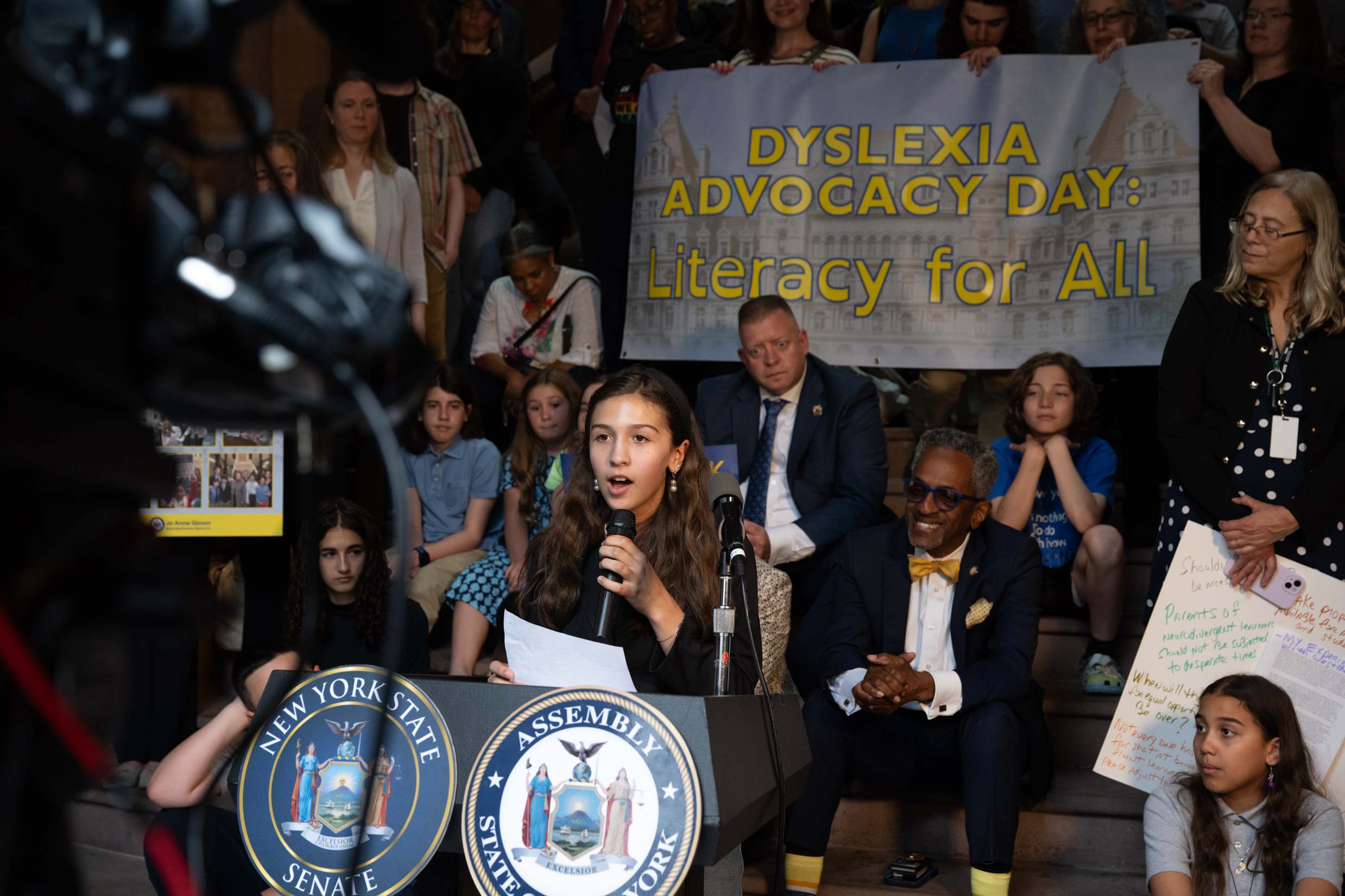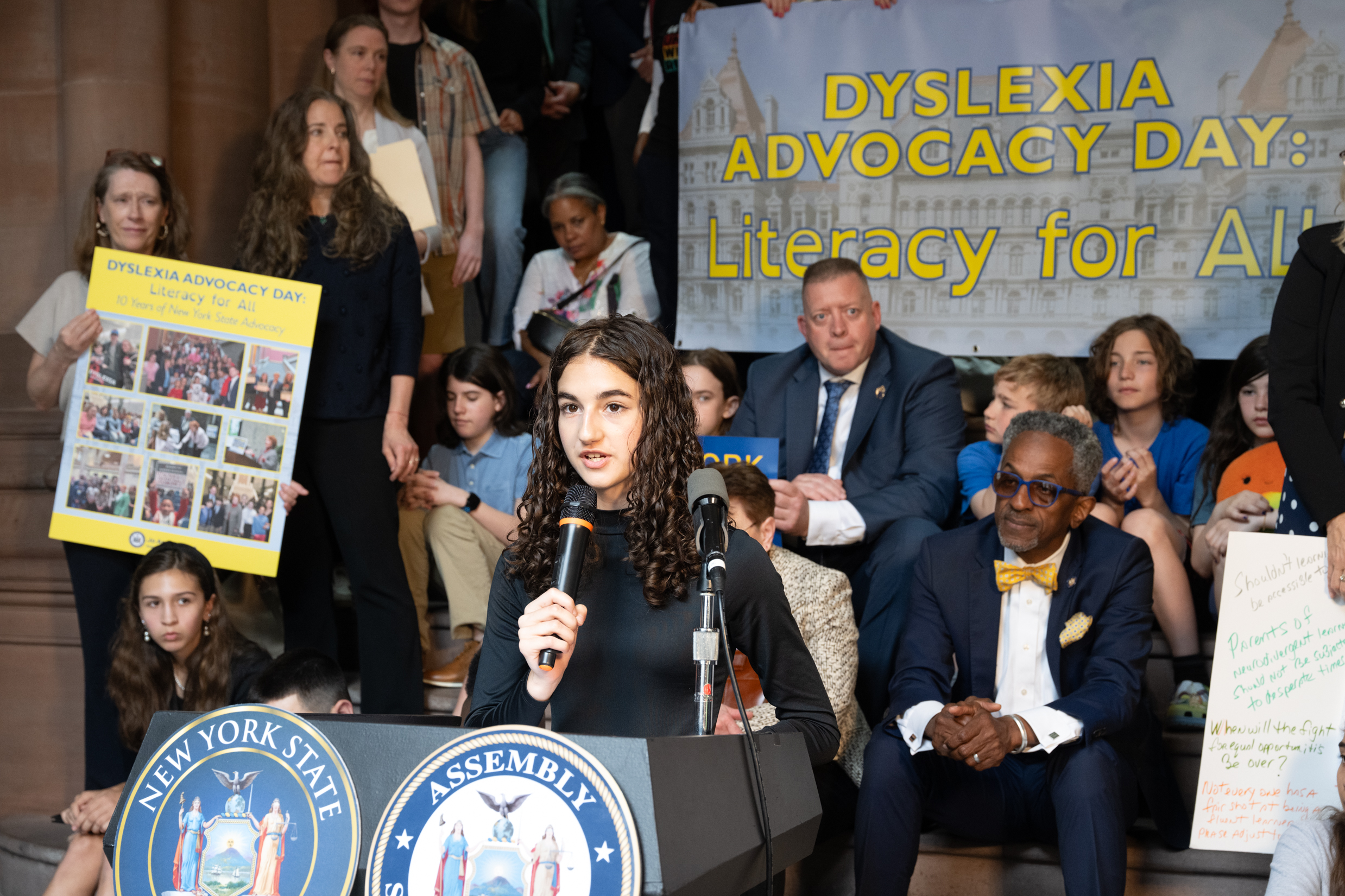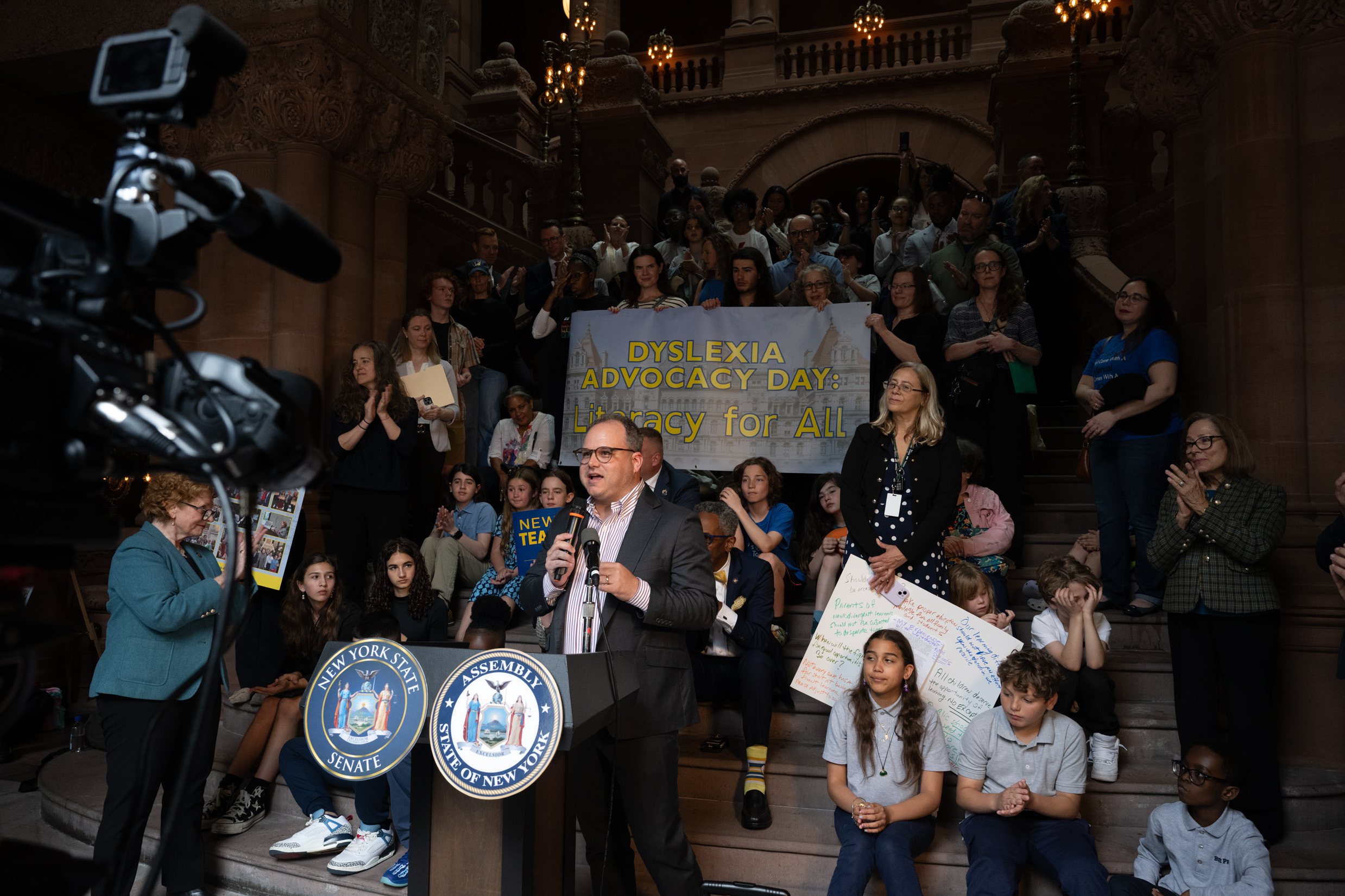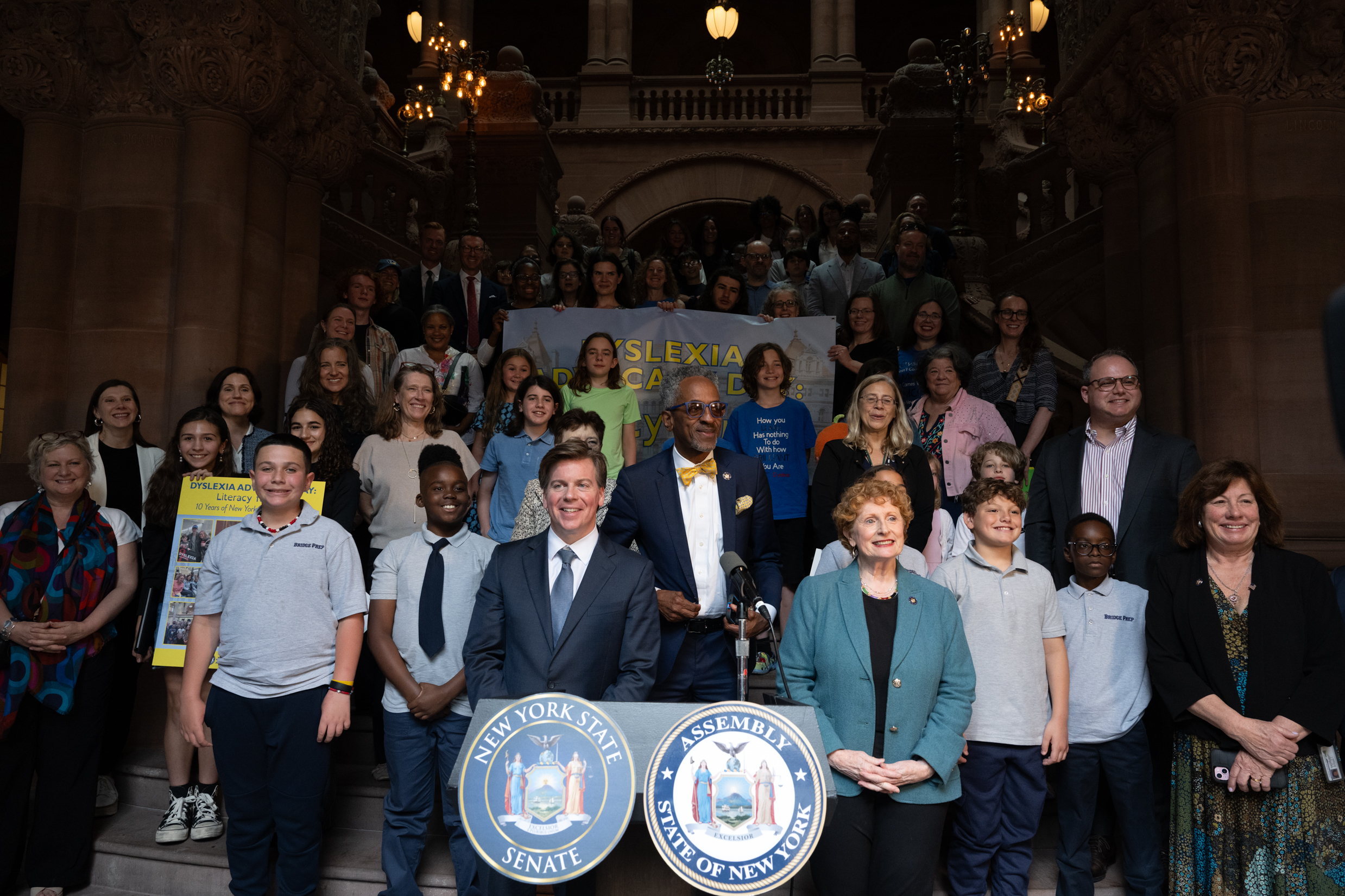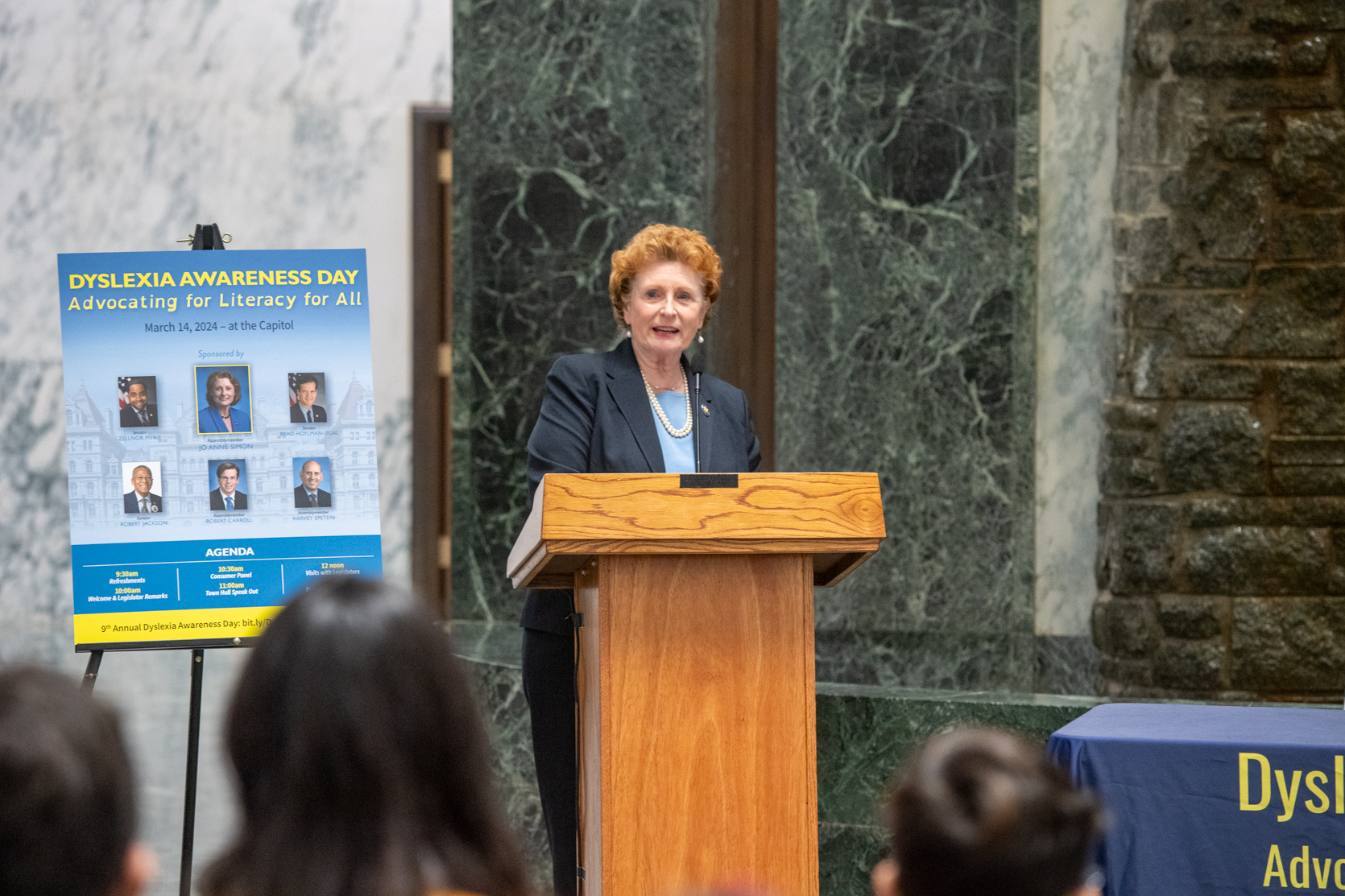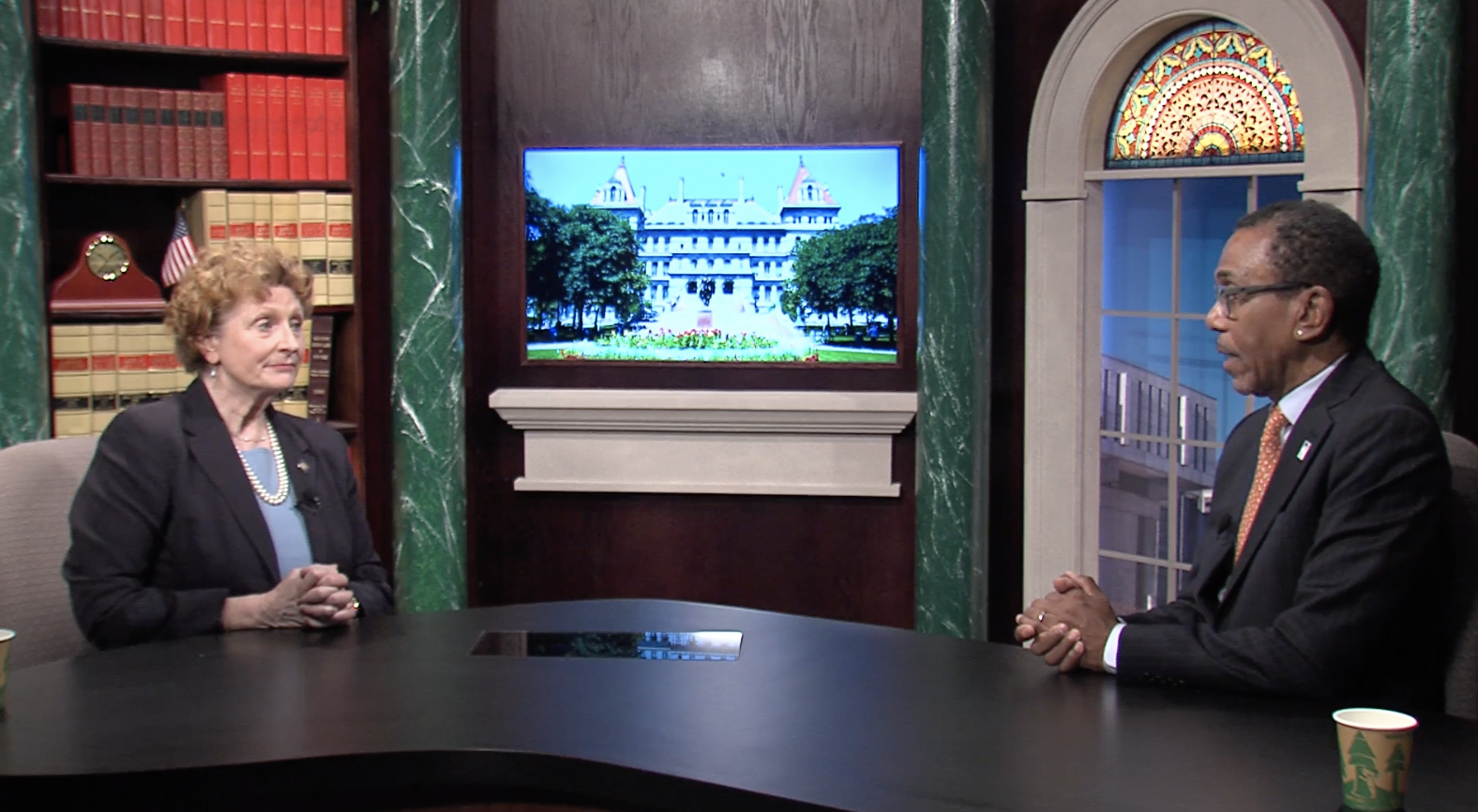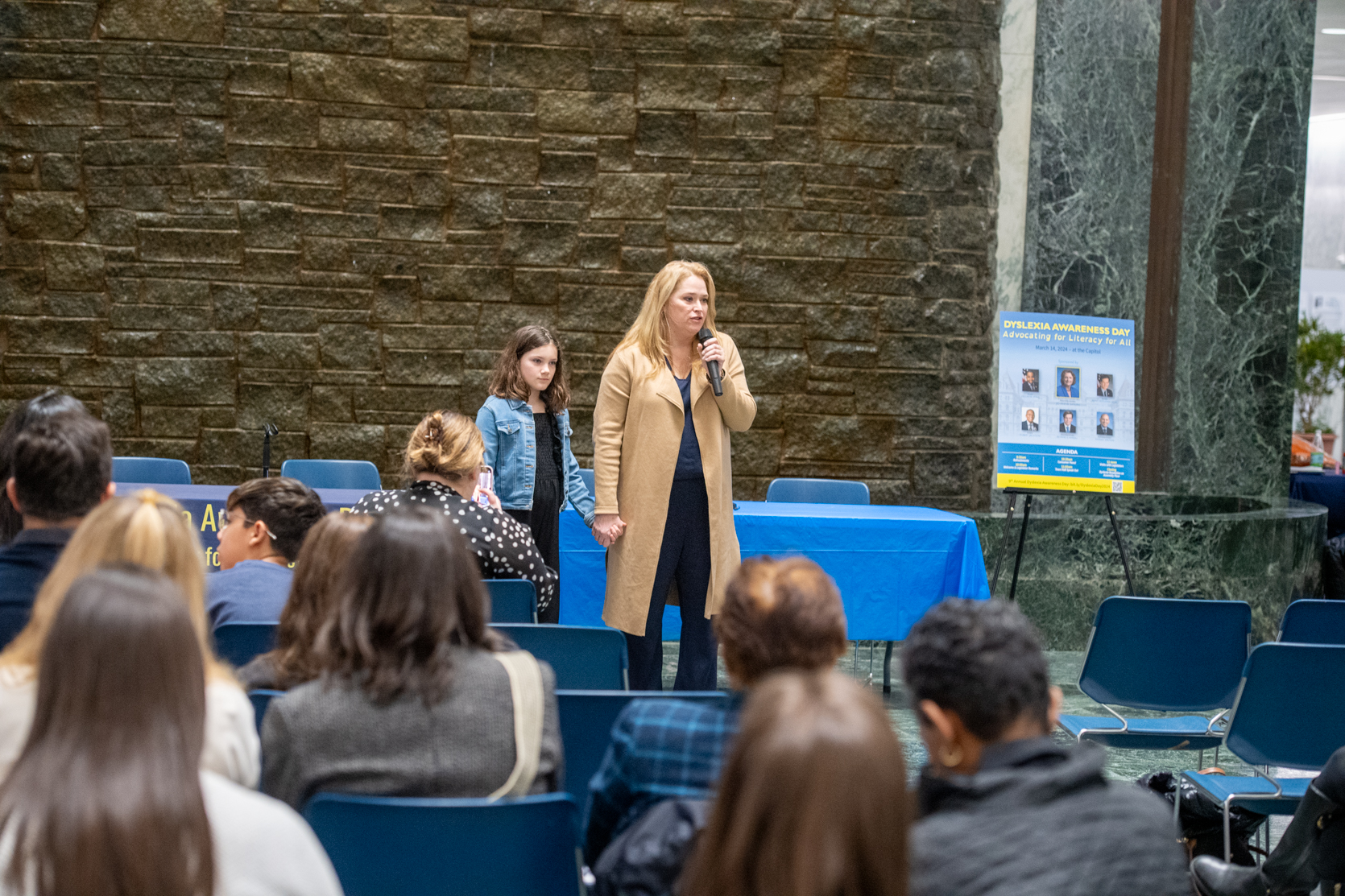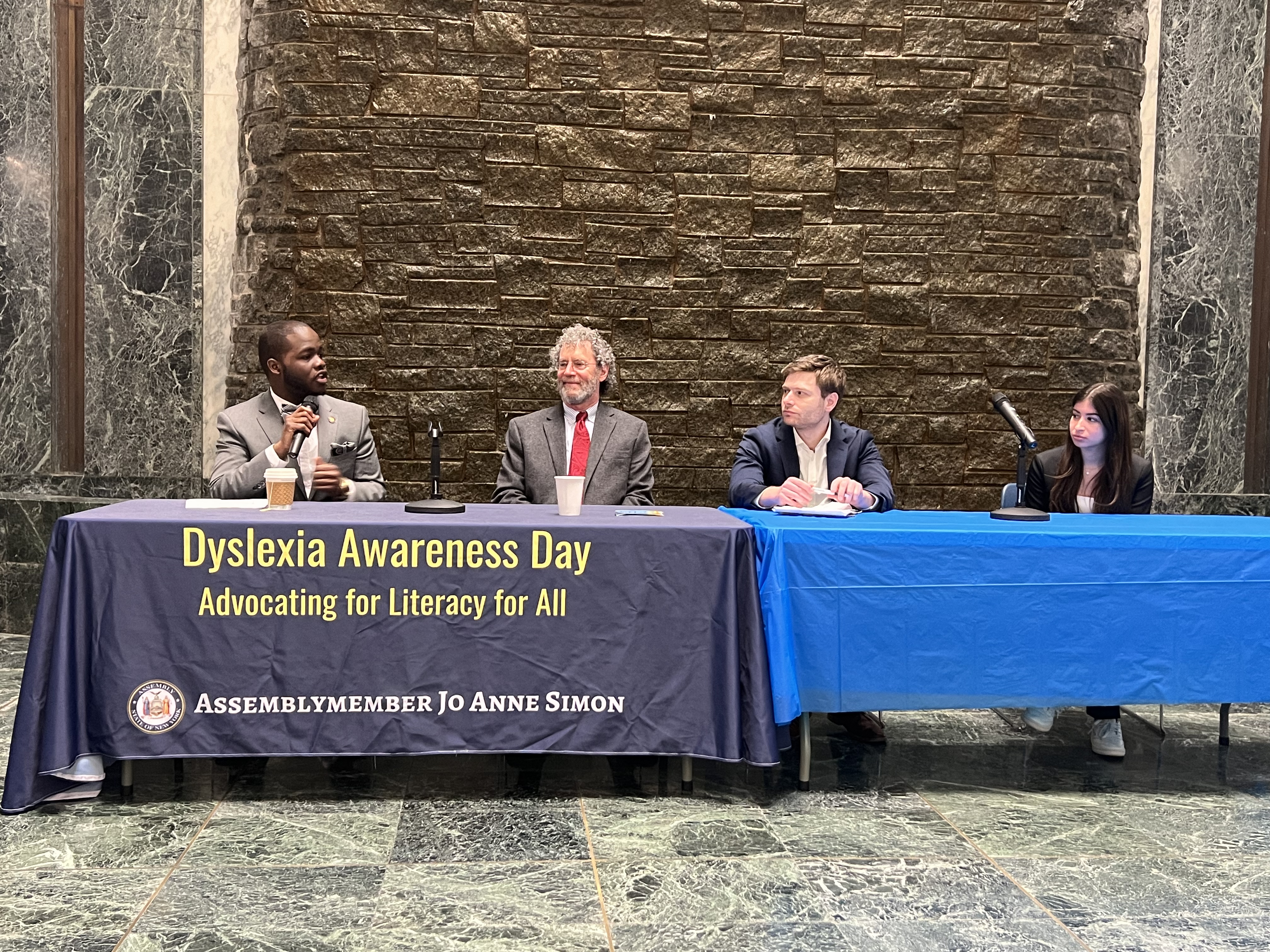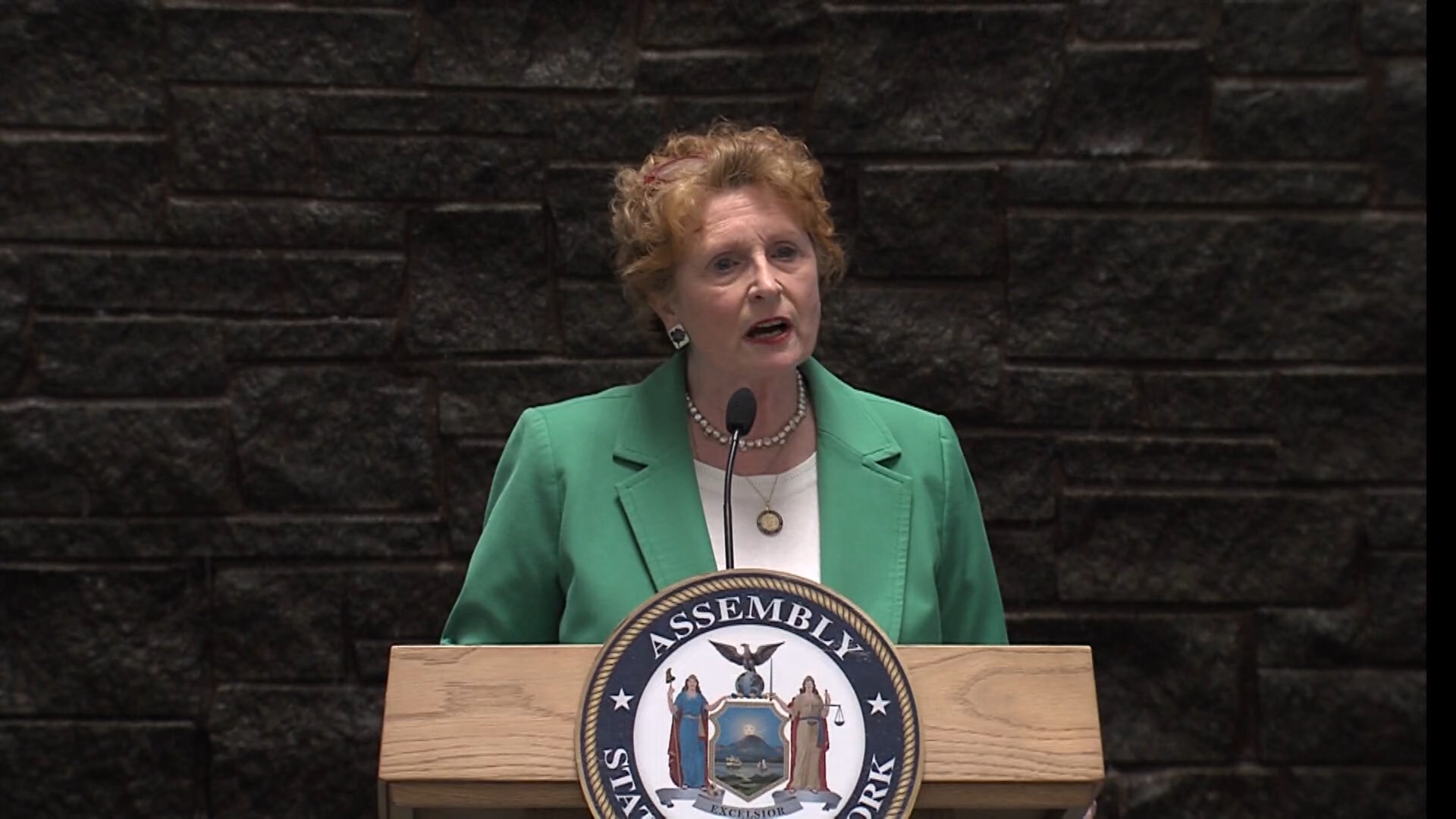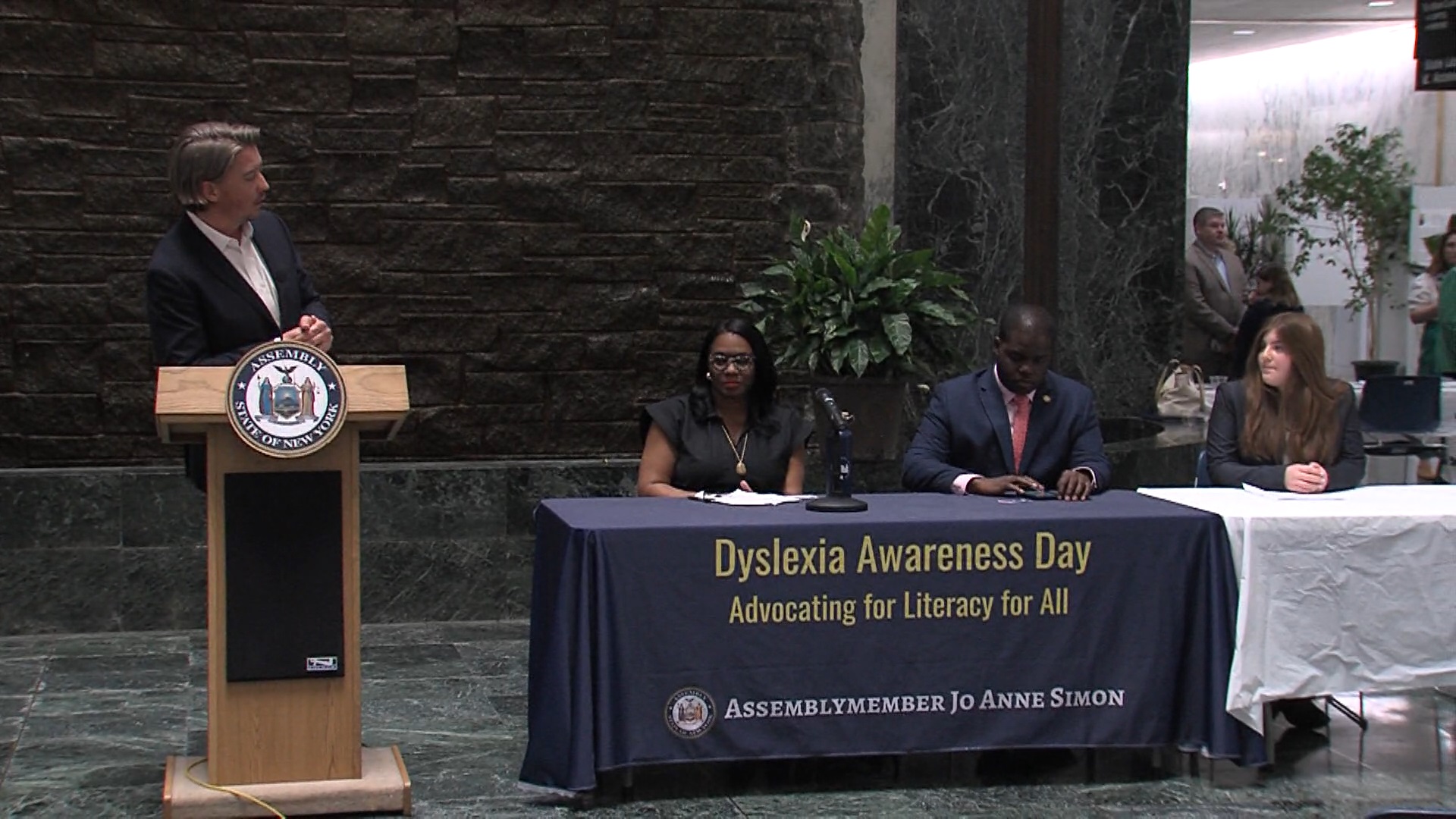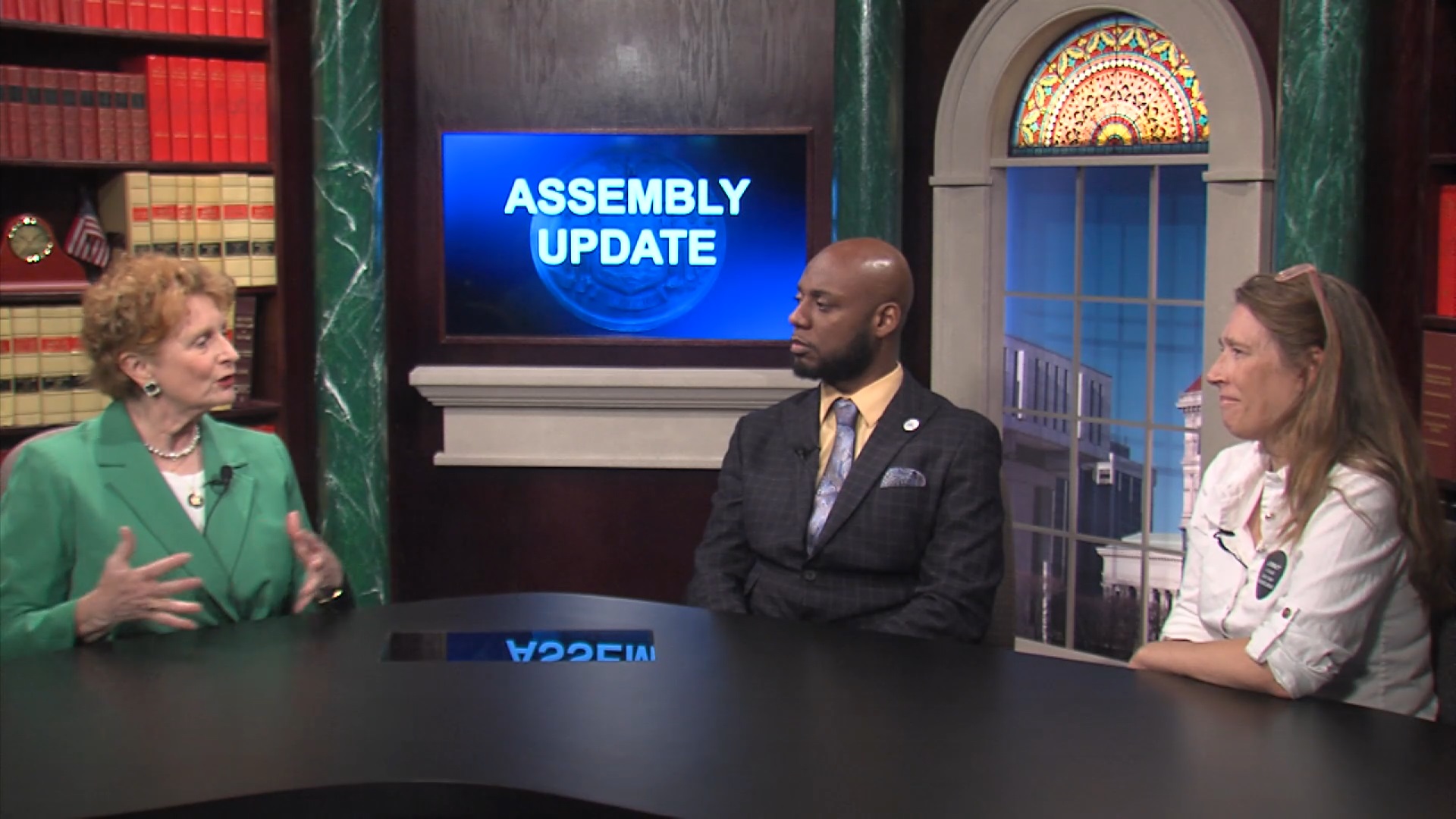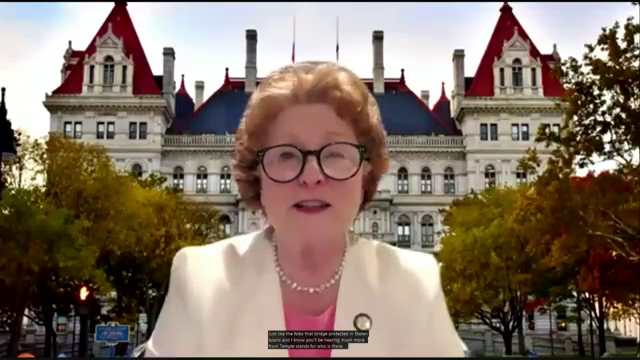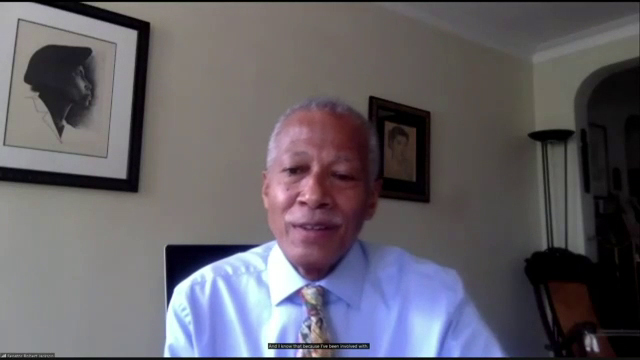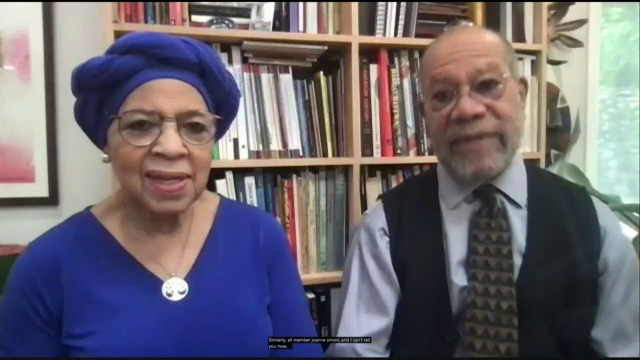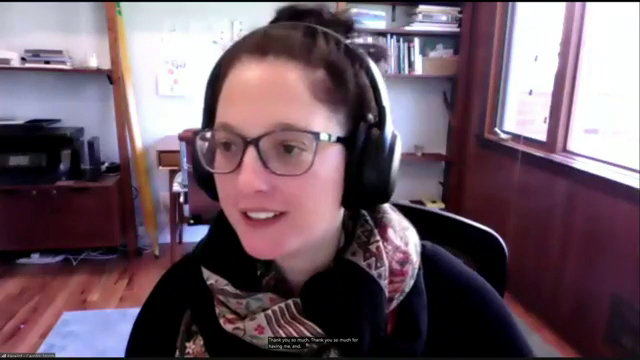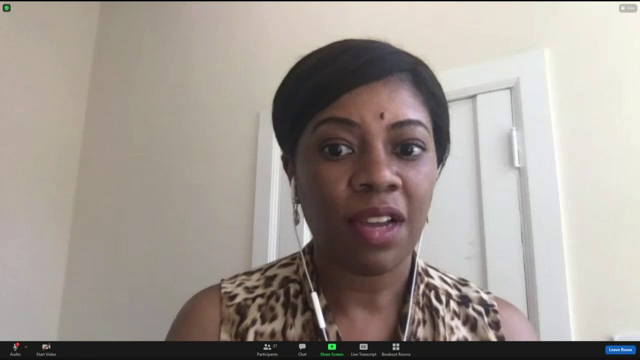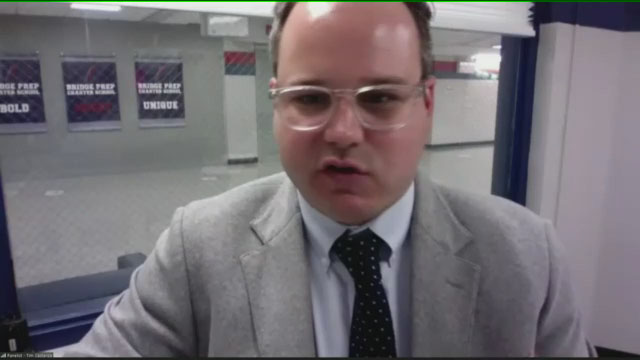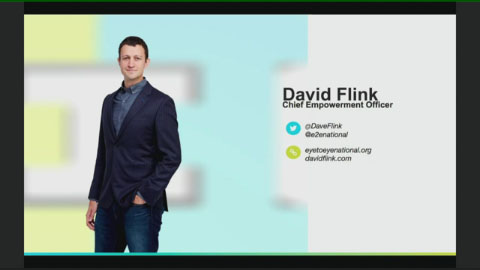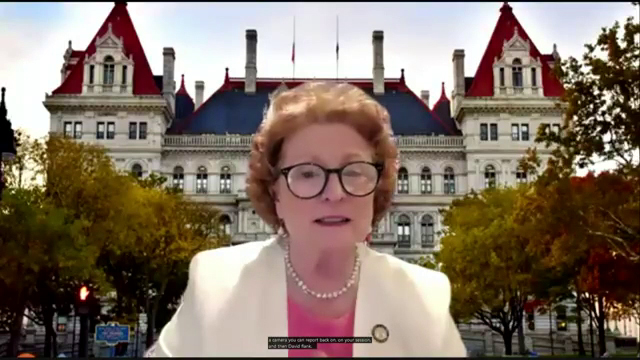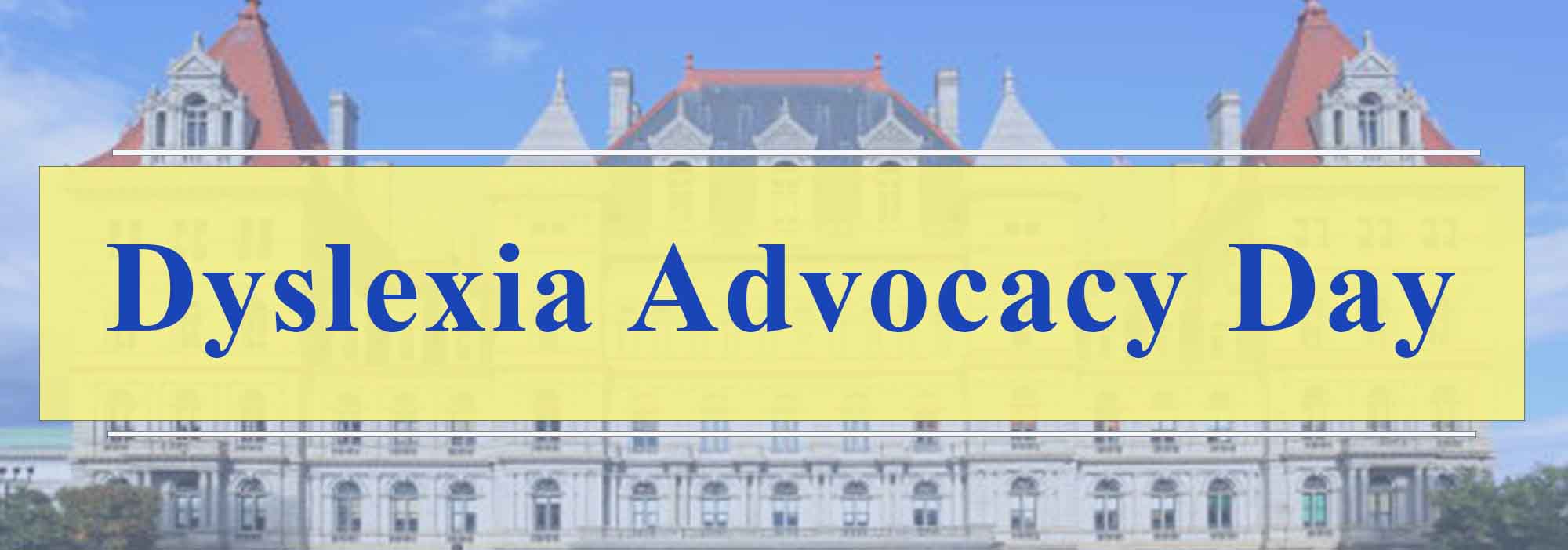 Skip past photo slidehow
Skip past photo slidehow2025 Dyslexia Advocacy Day Rally and Interview
2024 Dyslexia Awareness Day Townhall, Panel, and Interviews
2023 Dyslexia Awareness Day Townhall, Panels and Interviews
View our 2021 Virtual Dyslexia Awareness Day, Dyslexia Workshops, and more.
Highlights of past Dyslexia Awareness Days
2020. Ameer Baraka, an actor and producer who was diagnosed with dyslexia while he was incarcerated, delivers the keynote.
2020. Simon interviews Ameer Baraka.
2019. Simon on the importance of fulfilling your dreams.
2019. Simon talks with former Assemblymember Jack McEneny and his son John McEneny about their dyslexia.
2018. Town Hall: Dyslexia Awareness Day.
2018. Simon discusses dyslexia with Academy Award winning producer Peggy Stern.
2017. Simon interviews Dr. Carolyn Strom and Dr. Amy Margolis on the diagnosis and treatment of children with dyslexia.
2016. Dyslexia press event on requiring school districts to acknowledge a dyslexia diagnosis on students’ Individual Education Plans.
Talking Points for 2025 Dyslexia Bills
Ensures that literacy classes for future teachers include the science of reading & the structured multisensory approach (A3937 Simon / Jackson)
Directs the Commissioner of Education to conduct an audit regarding literacy instruction of Higher Education (A4780 Simon/ Stavisky)
Requires a reading level assessment and dyslexia screening for individuals who are incarcerated (A1325 Simon/ Myrie)
Requires school districts to conduct early screening for dyslexia for all children (A1186 Simon / Hoylman-Sigal)
- What is Dyslexia? Dyslexia is not seeing things backwards or upside down. It is not a visual problem, but a brain-based learning disability characterized by difficulties with accurate or fluent word recognition, so students decode words incorrectly or very slowly and with great effort. People with dyslexia have difficulty with phonological processing - connecting the letters to the sounds they make and thus have difficulty recognizing words - even words they see frequently - making them slow and inaccurate readers.
- How Common is Dyslexia? Between 15-20 percent of people are affected by dyslexia. That means in every class of 30 students, 5 or 6 of them have dyslexia, but most of them will not be identified for years, and many never are.
- Can we Screen for Dyslexia? Yes, research has shown that early signs of dyslexia can be identified before the age of 6. Research also shows that if children are not reading on grade level by 3rd grade, they only have a 1 in 8 chance of making up for that lost time and getting back to grade level.
Dyslexia Resources for Families
- Advocates for Children
- ARISE Coalition
- Decoding Dyslexia NY
- Eye to Eye
- Everyone Reading
- Understood
- National Center for Learning Disabilities
- Learning Ally
- Literacy Trust
- The International Dyslexia Association
- The Reading League
- Teach My Kid to Read
IEP Resources:
- Understood has a Parent Toolkit for parents navigating the IEP process
- Decoding Dyslexia has a network of parents who can help navigate the process, and helpful documents on their website
- Advocates for Children has a tip sheet for how to prepare for an IEP meeting and what to expect

